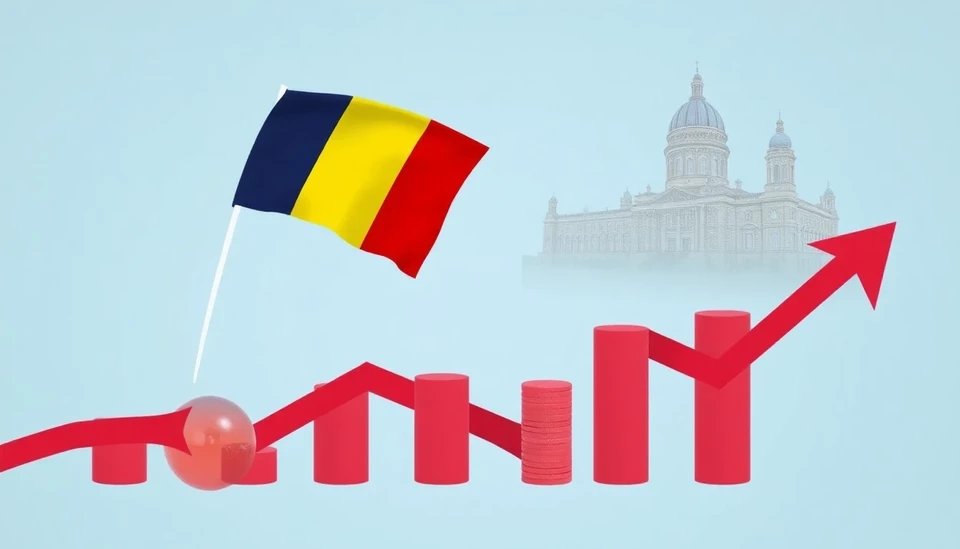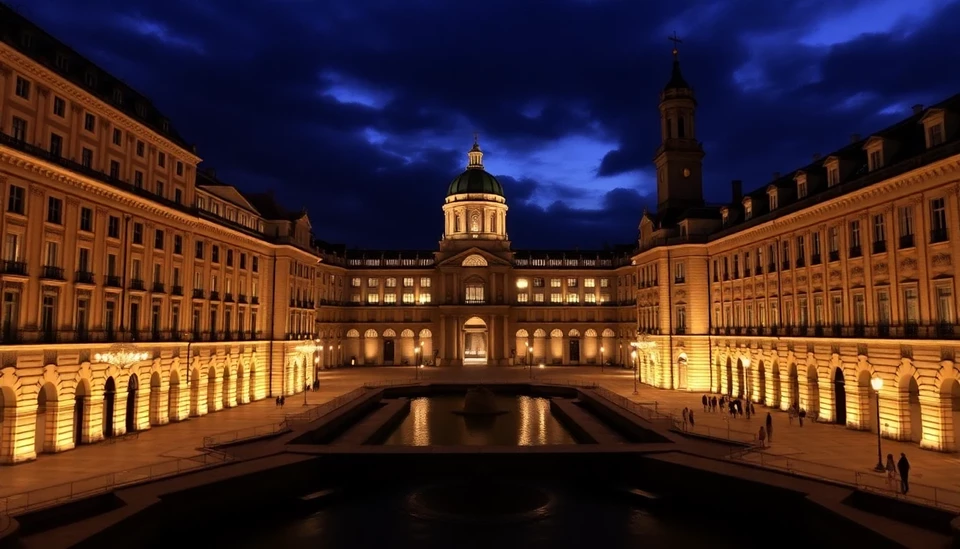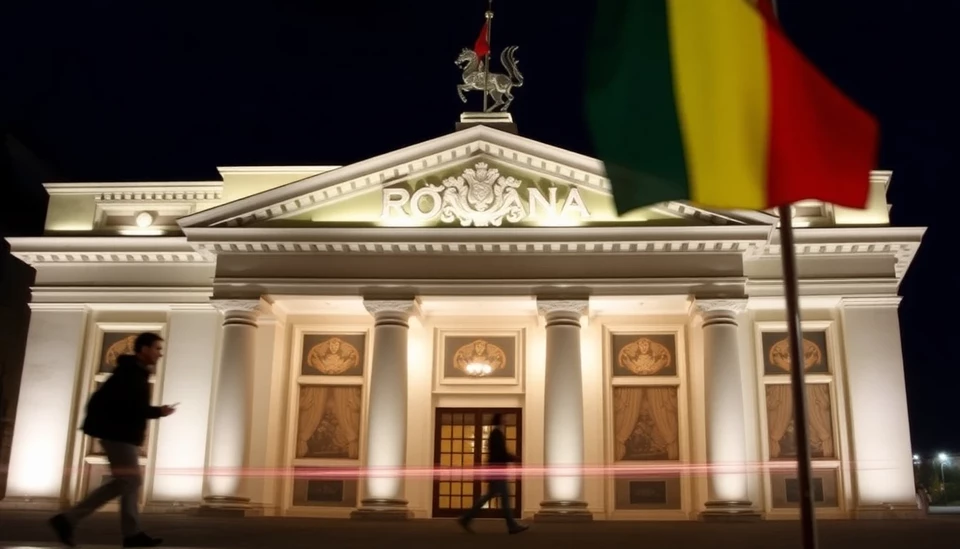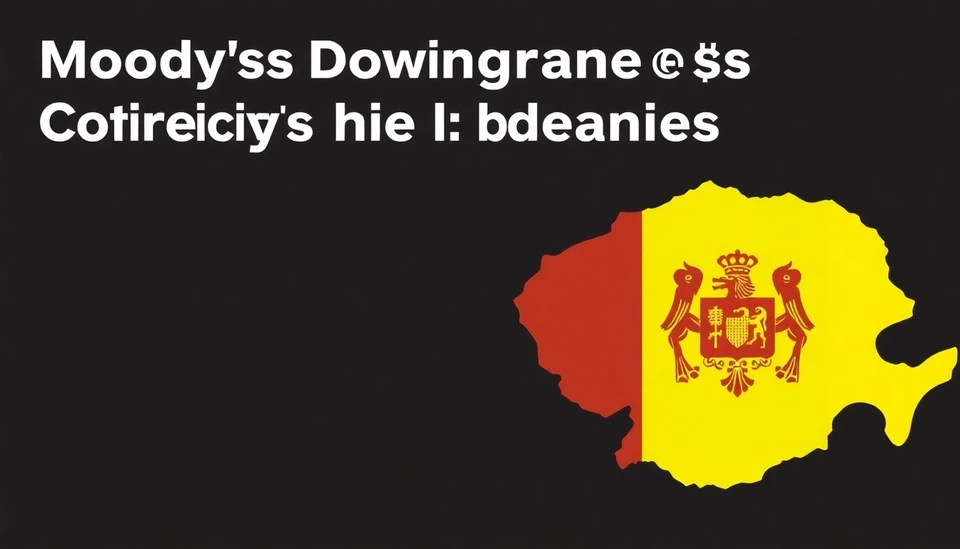
Romania is experiencing a noticeable uptick in inflation rates, raising concerns among economists and citizens alike as the nation grapples with ongoing political instability. The most recent figures from the National Institute of Statistics revealed that inflation surged to a staggering 8.9% in November, up from 8.4% in October. This marked the highest rate recorded since early 2022, igniting fears of further economic difficulties.
One of the significant contributors to this acceleration in inflation is the recent spike in energy prices, which has seen costs soar due to a combination of seasonal increases and ongoing supply chain issues. As a country that heavily depends on energy imports, Romania is particularly vulnerable to global energy market fluctuations. This increase in energy prices has a cascading effect on various sectors, leading to higher living costs for ordinary citizens.
Political chaos adds another layer of complexity to the situation. The Romanian government has been embroiled in a power struggle, with recent elections resulting in a fractured parliament and a lack of clear leadership. This instability has raised concerns about the government's ability to effectively manage economic policy and counteract rising inflation. Citizens expressed anxiety over potential impacts on wages and savings, with many fearing that the ongoing uncertainties may hinder economic growth and employment opportunities.
Amidst these troubling developments, analysts are closely watching the central bank's next moves. The National Bank of Romania (NBR) has already implemented several interest rate hikes to combat inflation, and further increases are anticipated. However, experts caution that aggressive monetary tightening could stifle economic growth, presenting a difficult balancing act for policymakers.
As the country stands at this economic crossroads, the government is urged to create a unified strategy to address inflation, foster stability, and reinstate public confidence. With multiple challenges ahead—from energy supply woes to political fragmentation—the path forward for Romania remains fraught with uncertainty.
In conclusion, Romania's situation underscores the interconnectedness of economic indicators and political stability. As the government attempts to regain control amidst rising inflation, all eyes will be on the central bank's policies and the actions taken by national leaders in the coming months.
### Join the conversation on social media:
#Romania #Inflation #PoliticalInstability #Economy #EnergyPrices #CentralBank #NBR
Author: Laura Mitchell




